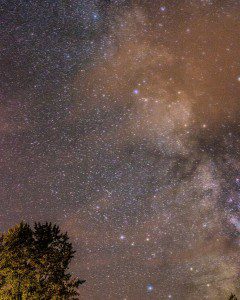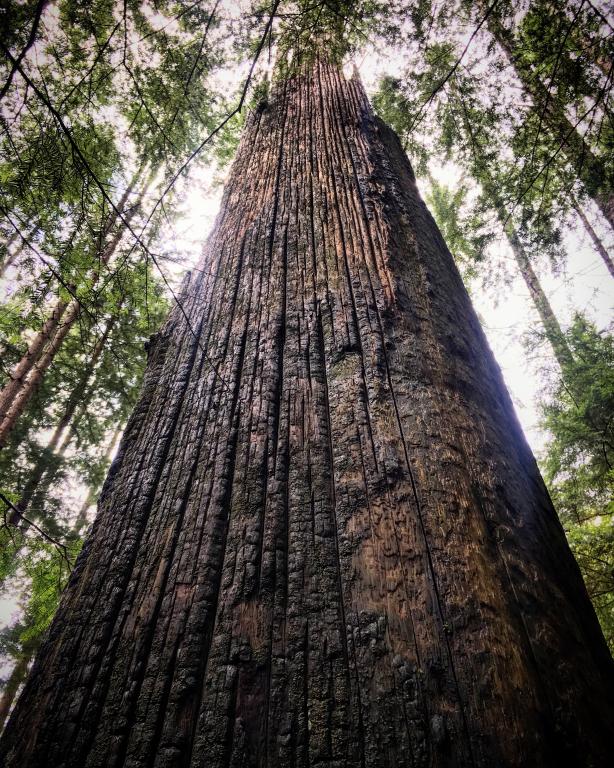
This week I read J. Philip Newell’s lovely book Christ of the Celts. While it’s a bit shallow on historical or theological detail, it does a wonderful job pointing the way to how the Neo-Celtic Christian movement might help in birthing Christianity anew.
Newell, a well respected priest in the Church of Scotland and a popular retreat leader, outlines the Celtic response to the most iconic, and unfortunately, the most damaging Christian dogmas: Original Sin, Celibacy, Ex Nihilo creation and Substitutionary Atonement. I was impressed by how Newell both highlighted alternative approaches to these doctrines, ways in which the Church might move forward, and ways that we might engage other traditions while deepening our commitment to Christ and the Cross.
I was not surprised by his critiques of celibacy missing the point of a full human life, or the way Substitutionary Atonement turns God’s love into a debt. But I was particularly impressed with his discussion of the Ex Nihilo doctrine. As a Mormon we were taught to see this as one way the church had lost its way. Joseph Smith interpreted Genesis as saying that “created”in Genesis 1 meant organized from pre-existent matter. A doctrine that doesn’t really gain anything for Mormonism as far as I can tell, it simply helped the early Church differentiate itself from the rest of Christianity. Catherine Keller writes a stunning critique of Ex Nihilo in her book Face of the Deep as an essentially masculinist approach to creation. What she calls “tehomophobia” or fear of the Tehom, the chaos or the primordial waters over which the spirit broods in the beginning.
Newell’s approach, far less complex, is a simple distinction. Rather than assuming that God created the world out of nothing, he argues that Irish theologians such as John Scotus Eriugena, saw the world as created out of God. Newell suggests that this is an important distinction because, an Ex Nihilo view of creation, where matter is simply a raw material created to satisfy the needs and wants of the human soul, contributed to the disenchantment of Nature that led to the ongoing industrial holocaust of the earth and her myriad creatures.
In the Christianity that must be birthed, if it and the earth are to survive, we must return Christ to the center of matter. Christ, the Word made flesh, is originally incarnate in creation. For Newell, the Bible and creation are two books that must be read simultaneously. The body of Christ and the body of the Cosmos are indistinguishably intertwined, and the through the help of the Celtic writers, Christianity can learn to see that once again.












